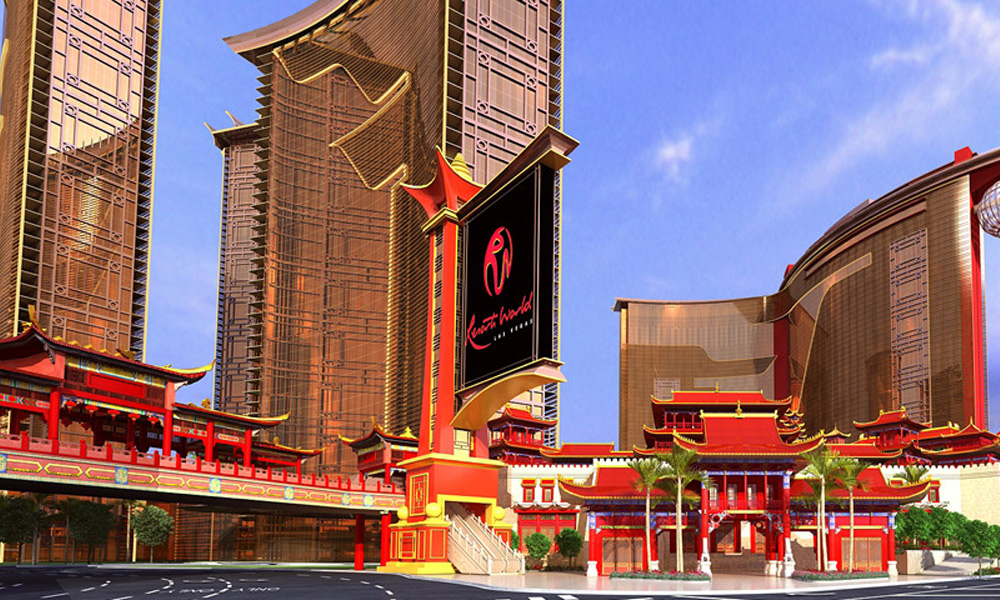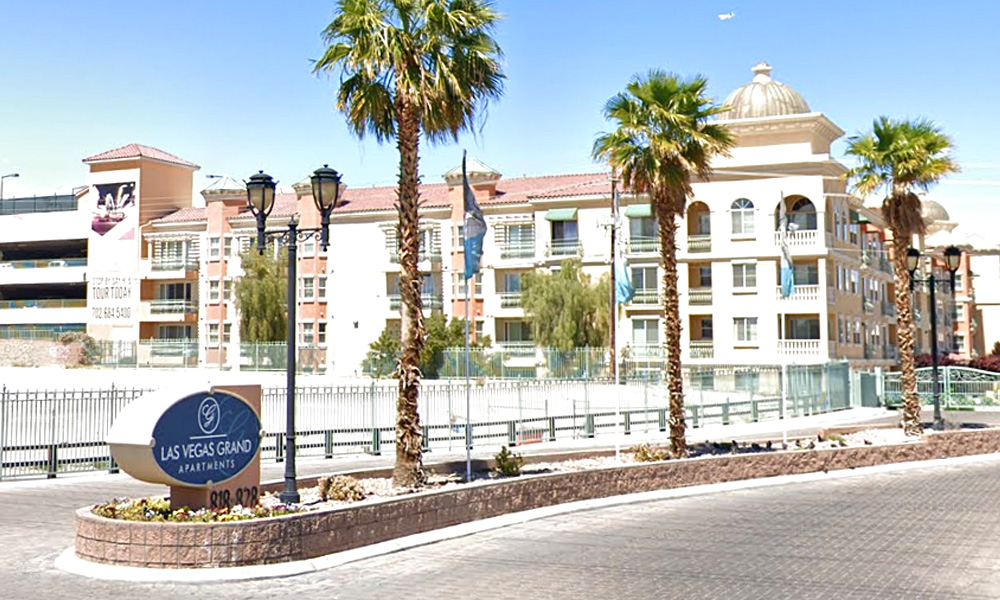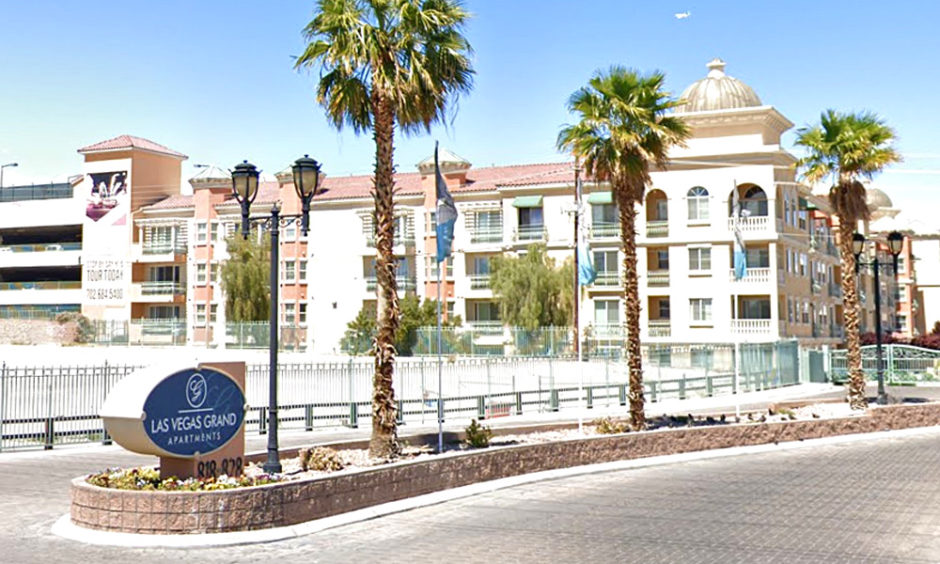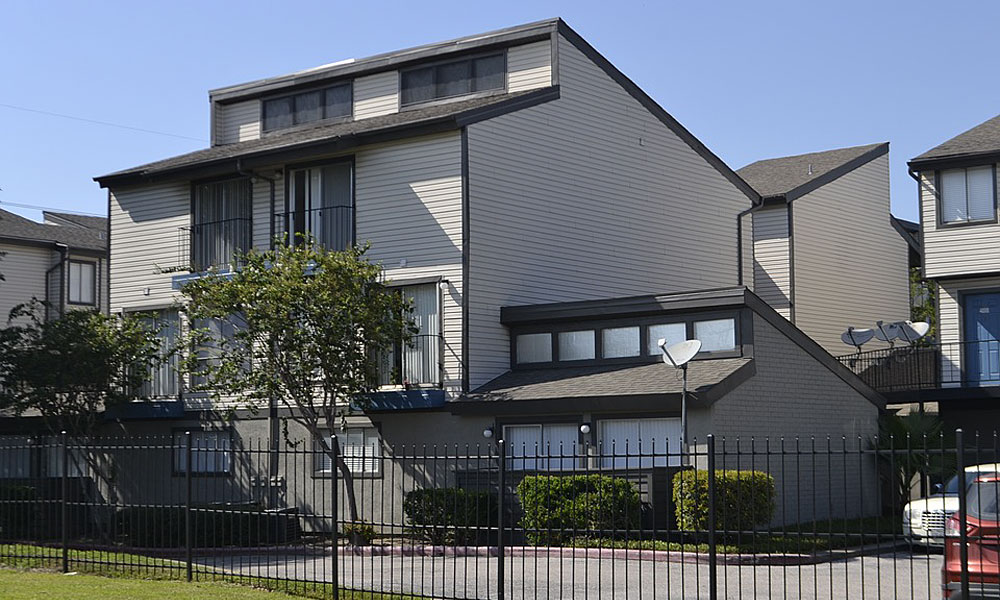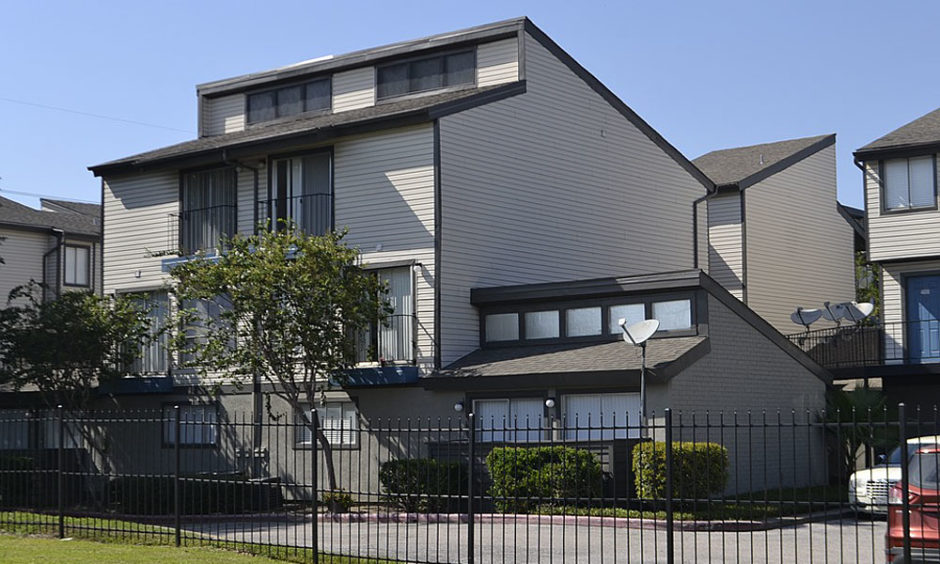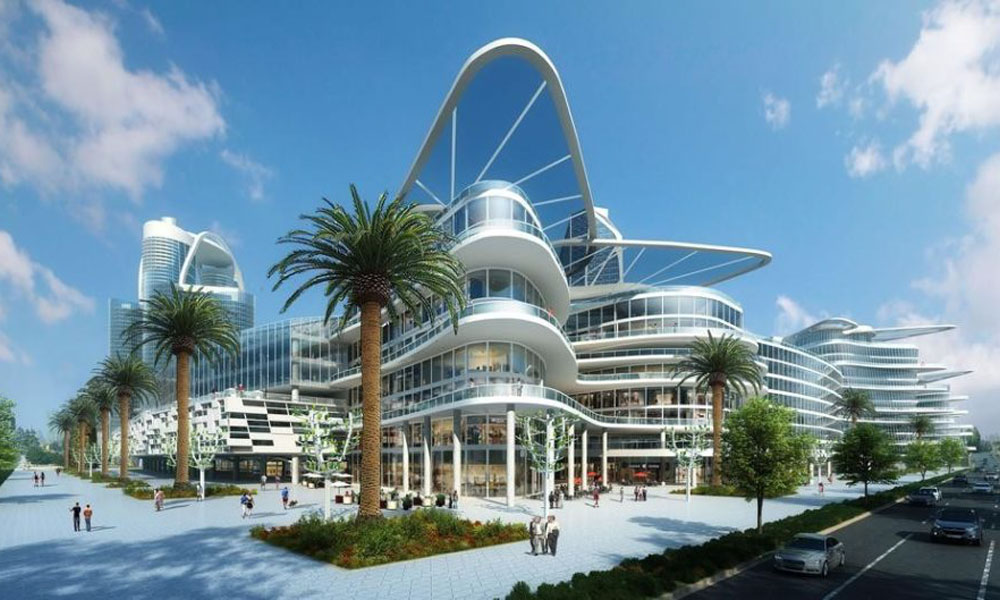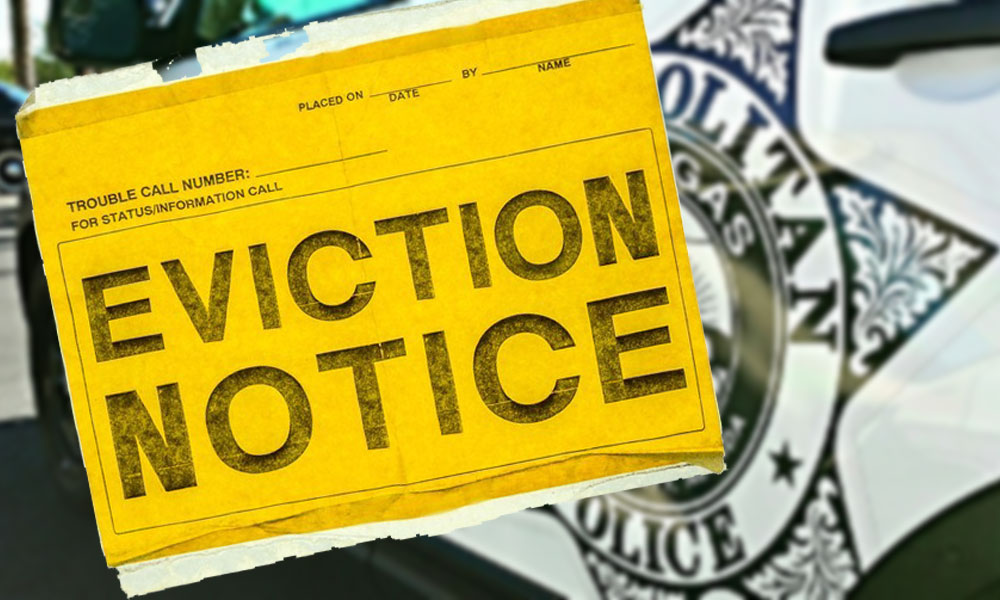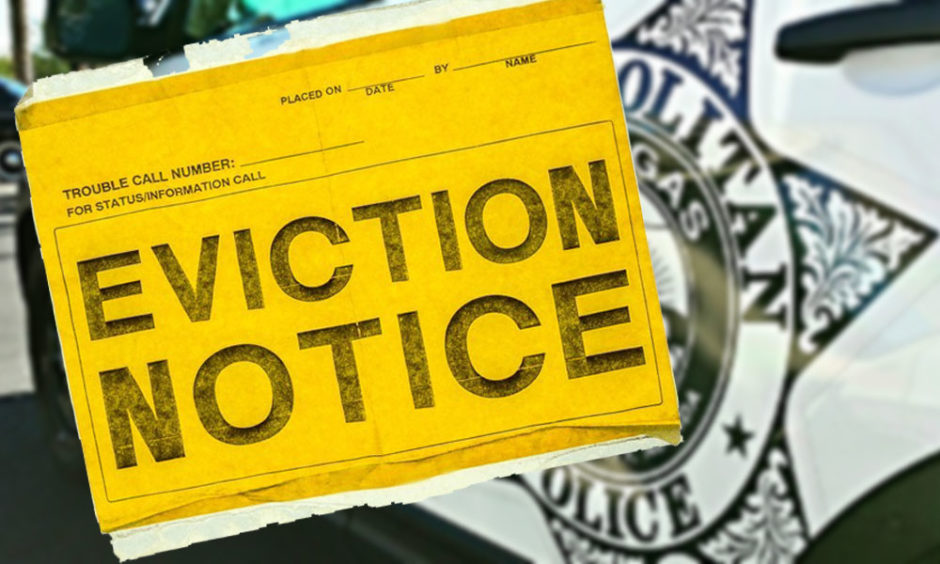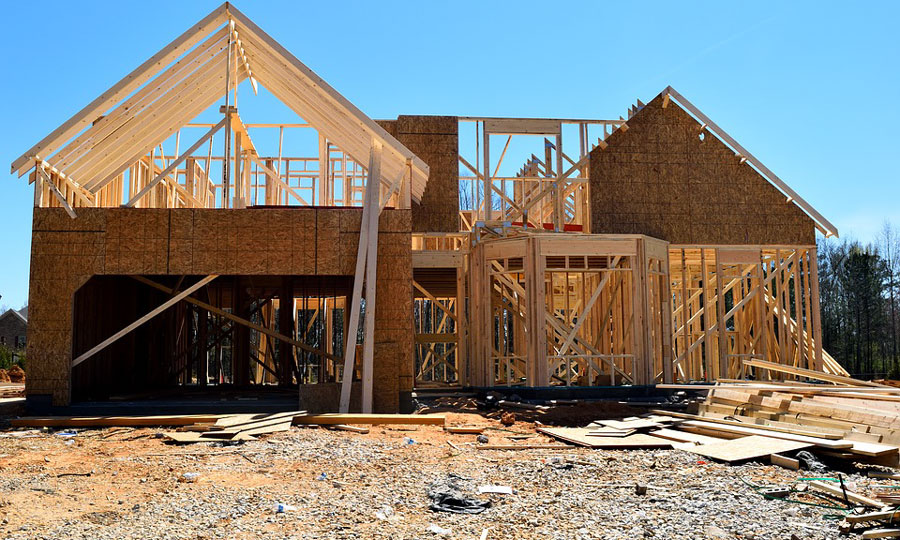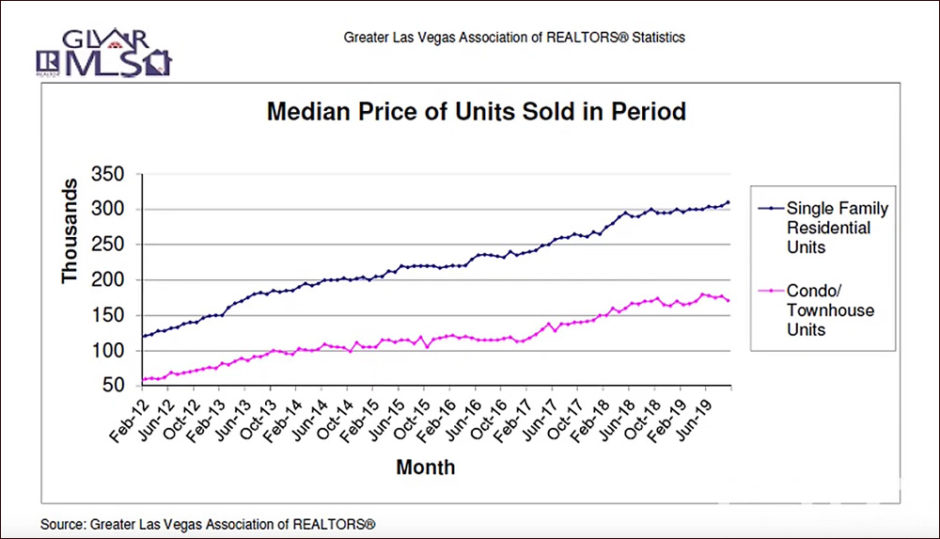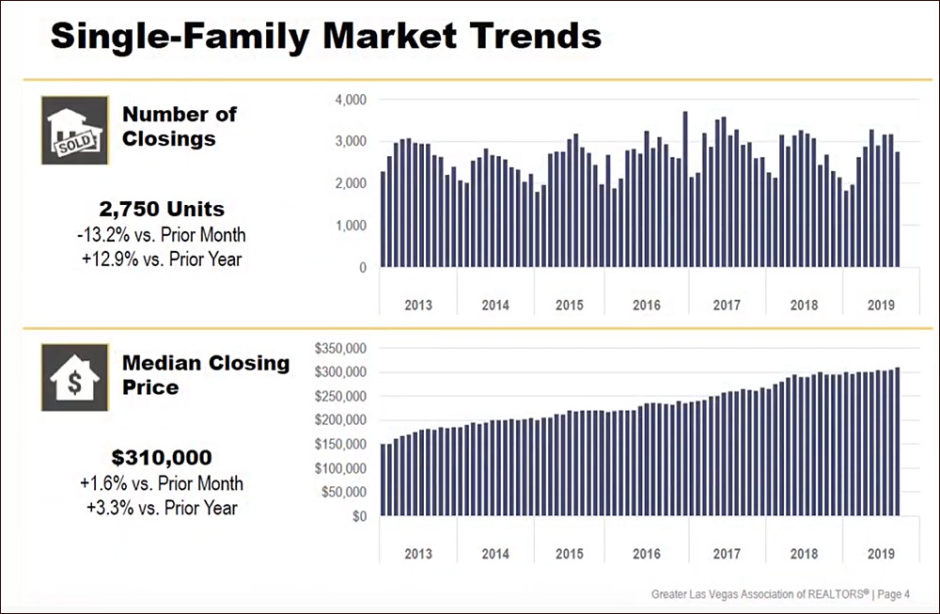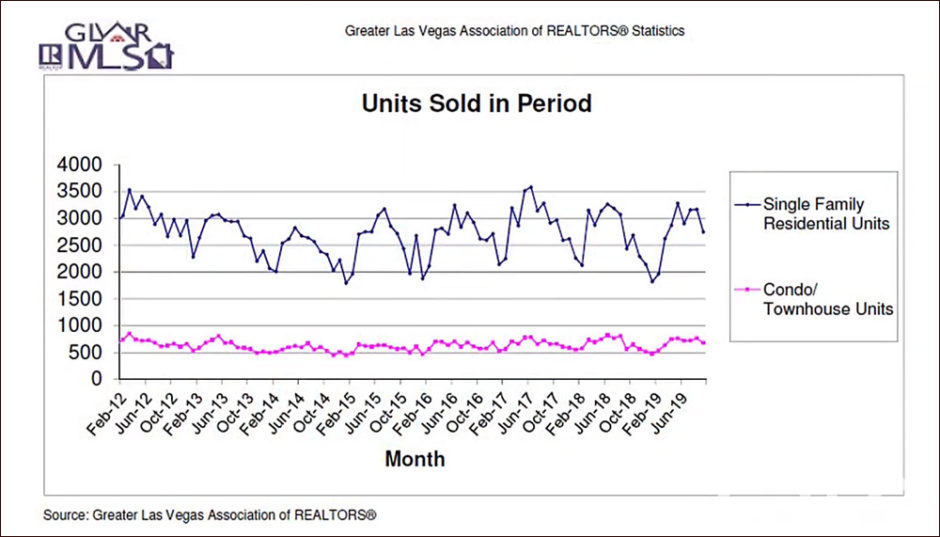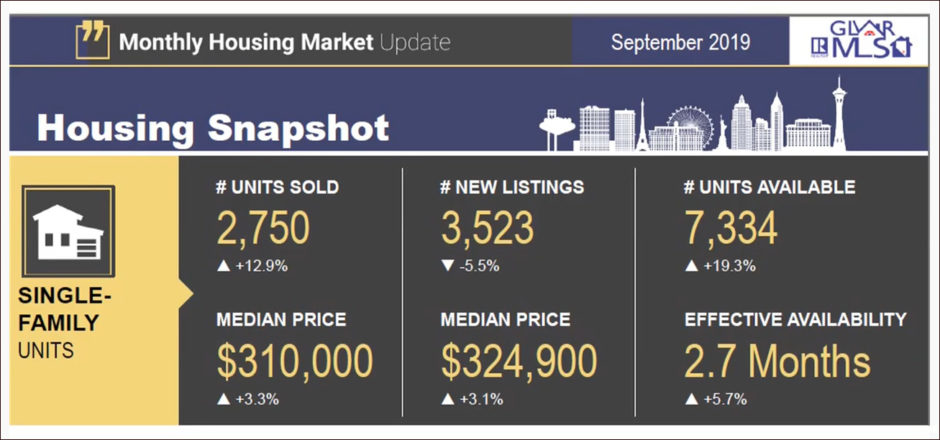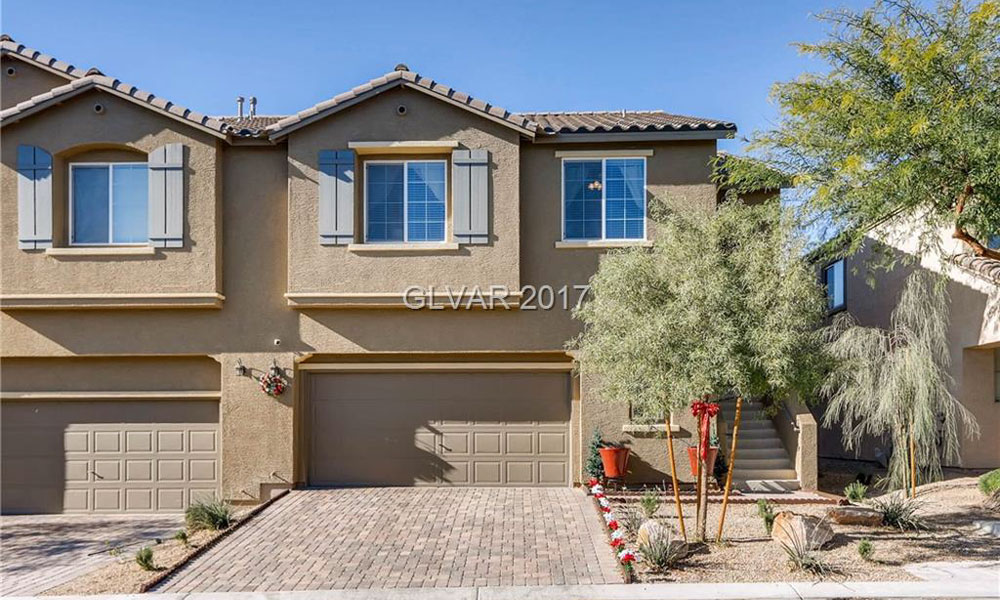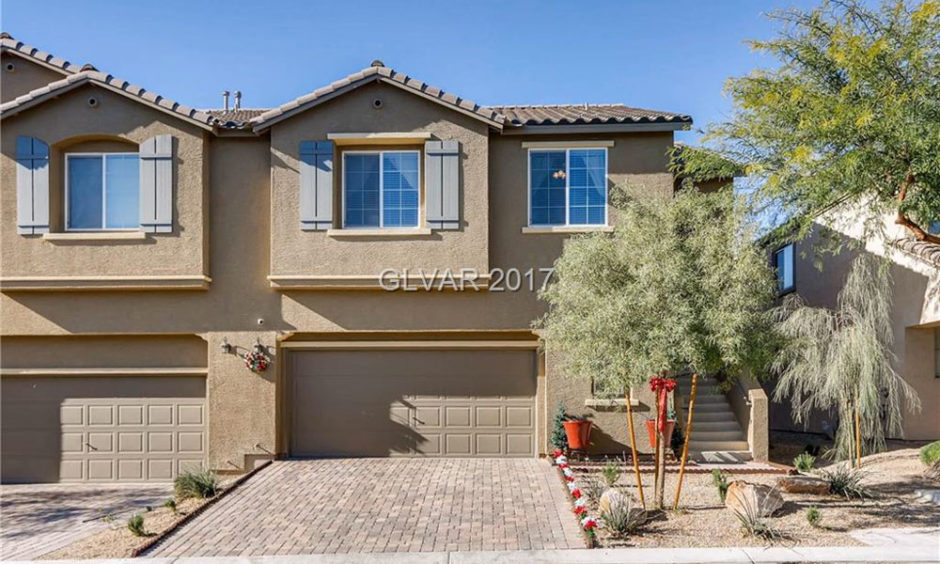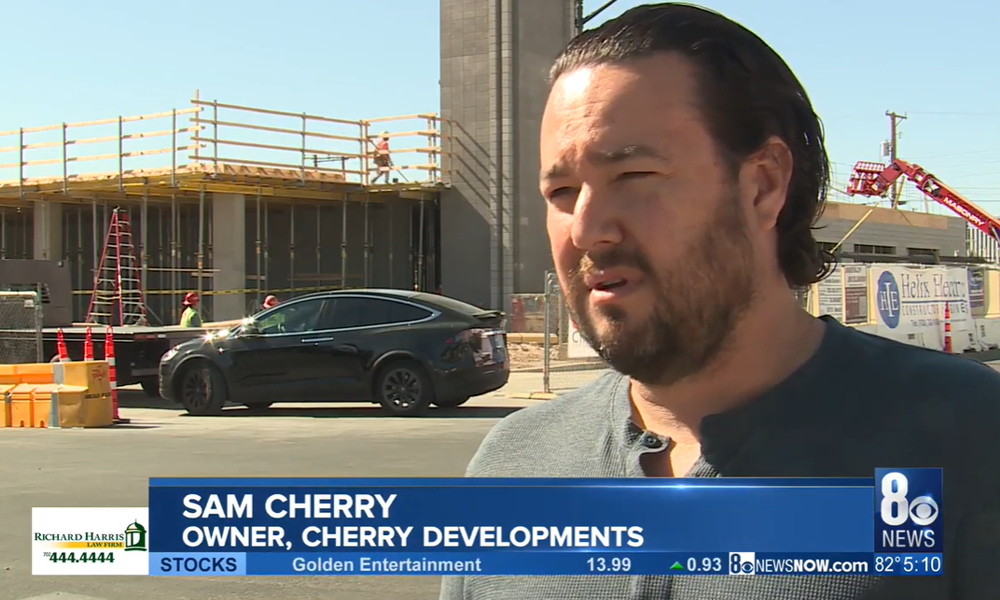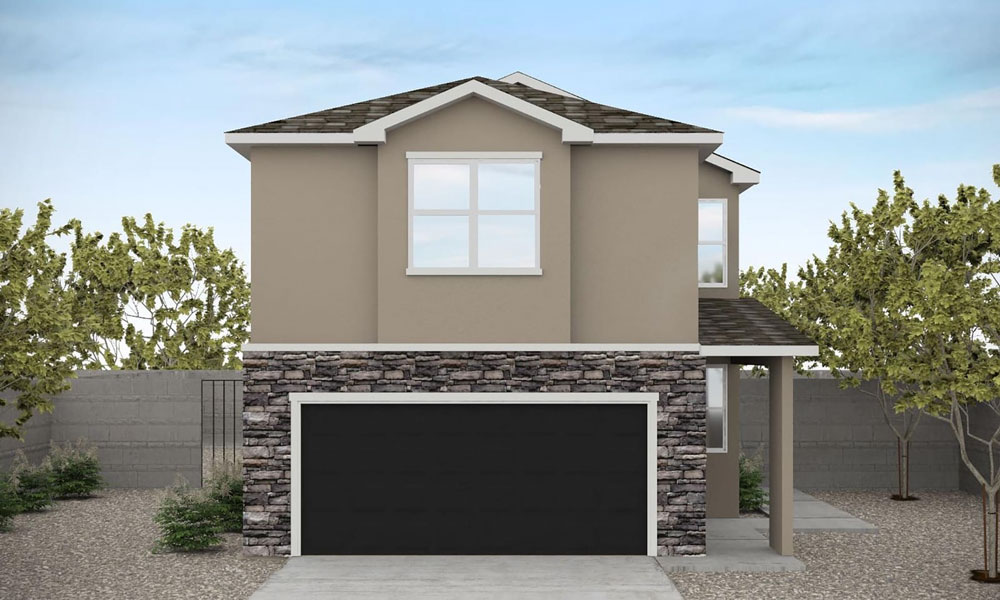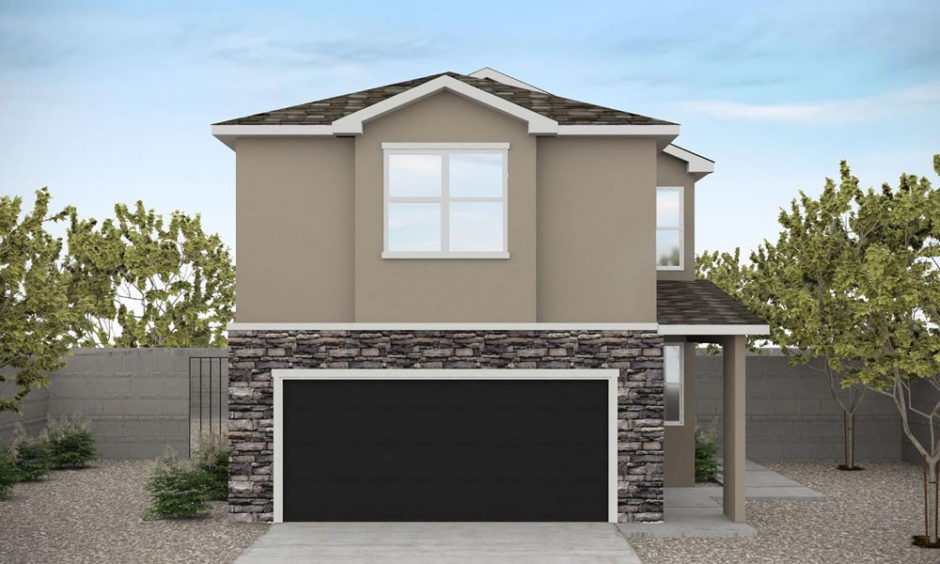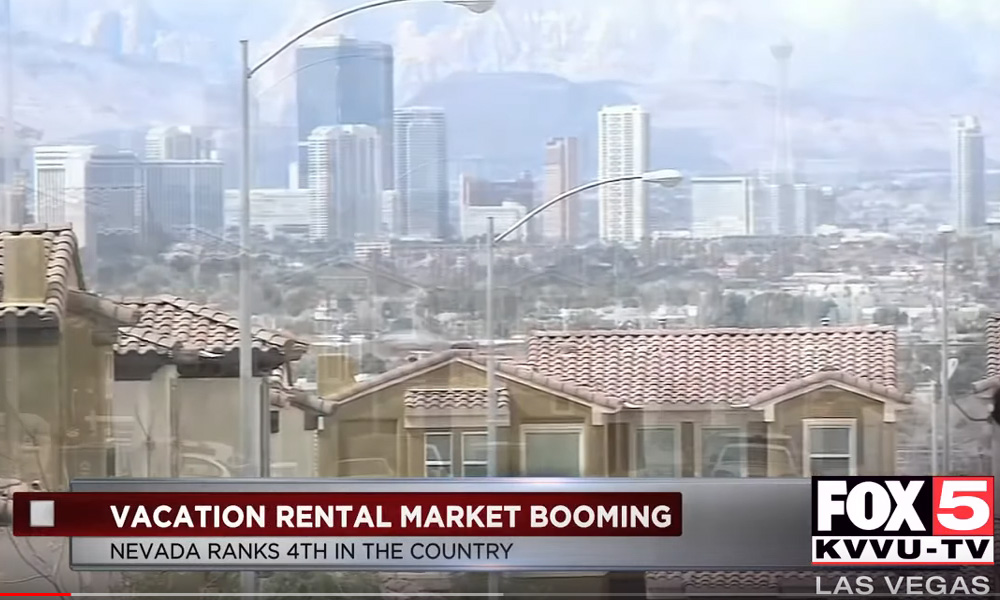LAS VEGAS, NV – Malaysia-based developer Genting Group has recently announced a several-month delay of the opening of their mega-resort, the Resorts World Las Vegas Casino, but noted that the resulting addition of several amenities – as well as a higher price tag to the already-impressive complex – are sure to make the delay more than worth it.
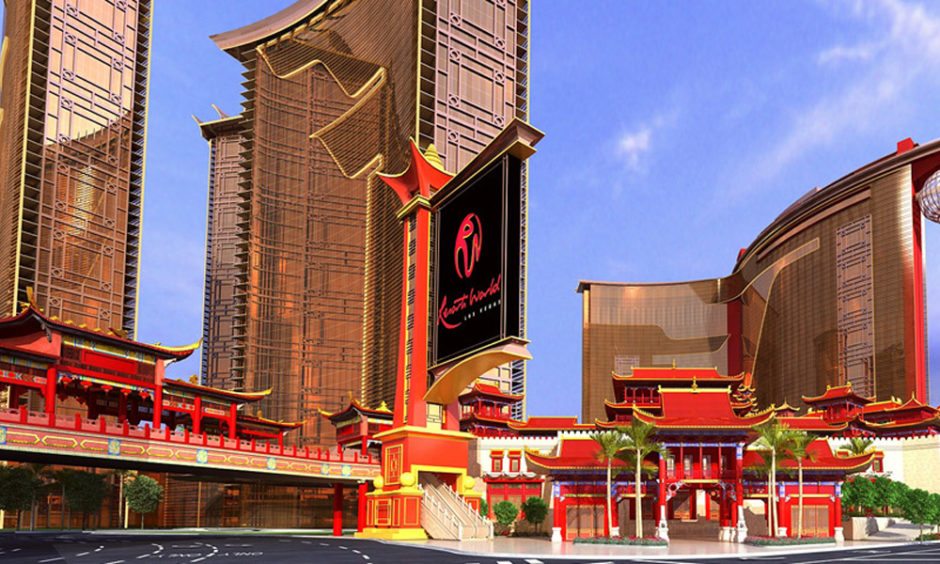
Resorts World – originally budgeted at $4 billion and recently revised to $4.3 billion – is situated on 87 acres on the Las Vegas strip at the former site of the Stardust Casino. Work on the casino began in 2017 with a projected late 2020 completion date, but progress was initially slow – blamed on construction difficulties and negative fluctuations in Malaysian currency – leading some experts to express that the 2020 opening was not in the cards.
Indeed, that opening estimate has been revised; the resort is now slated to open in the summer of 2021, as opposed to late 2020, and with that delay will come several changes that the developer says are for the better.
One of the major changes to the project will be the overall visual and aesthetic theme; previously Resorts World was expected to feature traditional Chinese architecture, with a red and white color scheme and a giant Chinese lantern hanging from the top of a tower; this has been changed to appeal to a wider range of guest tastes. Instead, Resorts World will feature a “luxury experience” with some Asian-themed design aesthetics.
When completed, Resorts World will feature over 3,500 rooms and suites divided between two towers with a 100,000 square foot gaming floor, numerous restaurants, a 5,000-seat amphitheater, a 75,000-square-foot nightclub, a 220,000 square-foot pool area – including a 1,800-square-foot infinity pool overlooking the Las Vegas Strip – state-of-the-art video screens, meeting and banquet space, a spa, entertainment zone, an extensive casino, and more.
Shelter Realty Property Management specializes in the areas of Henderson, Las Vegas and North Las Vegas, NV. Feel free to give us a call at 702.376.7379 so we can answer any questions you may have.

